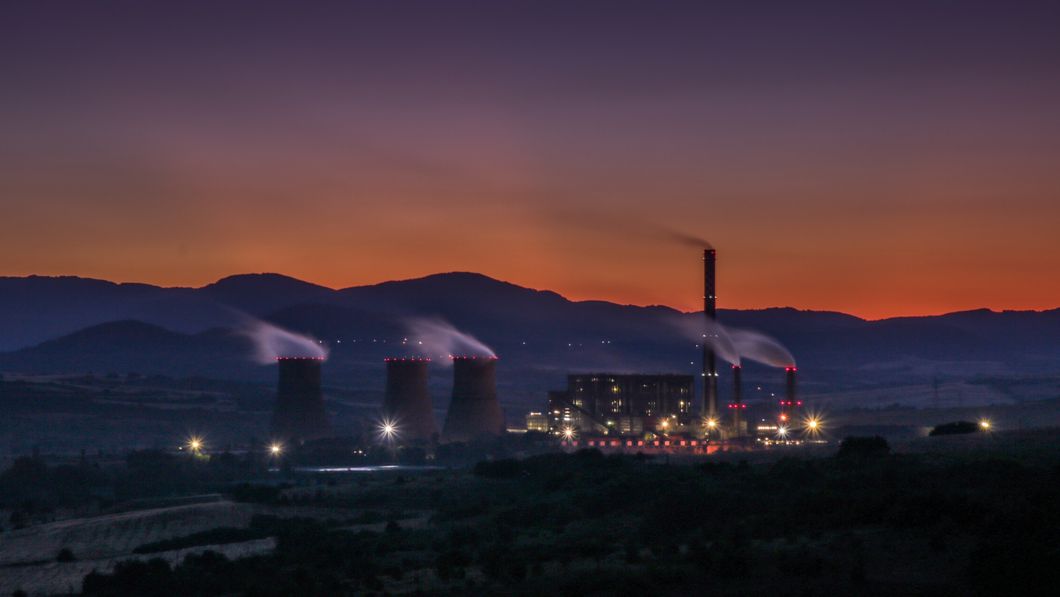In case you aren't familiar with the Paris Agreement, I'll give you the highlights. The Paris Agreement was ratified in 2016 by 148 countries. An additional 48 countries signed it (which means they agree to follow the guidelines but they are not legally bound to meet the standards set by the document) which leaves only three UN countries that haven't signed it: Syria, Nicaragua, and of course, the United States. Now I know what you're thinking, didn't the US sign the Paris Agreement when it was first ratified? Yes. The United States was one of the countries to initially accept the agreement. However, our current administration has decided to withdraw from the agreement. What you might not know is that the US cannot legally withdraw is November 2019. The agreement does not come into effect until 2020, so the US will not be held accountable for the standards set by the agreement if Donald Trump does not change his mind in the next year and a half.
In all honesty, up until recently, I did not know a lot about the agreement or why it's so important. One of my professors gave a lecture on the future of energy and the Paris Agreement quickly became the main point of discussion. He taught us about the terms of the agreement and explained why it is so important. I took a step back and realized how amazing the agreement is. Not just because it is our best hope of saving the environment, but because it united so many governments in the world in a relatively short time period. The governments of the world set aside their differences to recognize that even though we all come from different places and have different ideas, we share this planet.
That being said, I think it is clear what a mistake leaving the Paris Agreement is for the United States. As one of the most influential countries in the world, we have a responsibility to set certain precedents, including making efforts to reduce carbon emissions and transition to a more renewable energy sector. In addition, being the only major world power not involved does not reflect positively on us, and definitely isn't appreciated by our allies.
I would also like to acknowledge that one of the main problems is that our president denies the validity of climate change. In 2015 he tweeted, "It's really cold outside, they are calling it a major freeze, weeks ahead of normal. Man, we could use a big fat dose of global warming!". While people might argue that this was just a joke, if you look into every time Donald Trump has spoken about climate change he has been in denial. I don't think he's kidding.
As a society, it is now our job to educate everyone around us about the severity of climate change and the negative impact human beings have had. The US might not be a part of the Paris Agreement, but if we refuse to let this issue slip from the attention of our lawmakers and media we just might be able to affect positive change and start heading in the right direction.

















